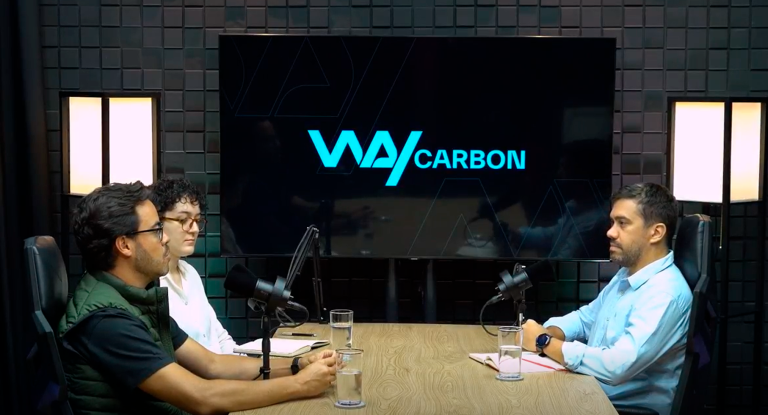The role of indirect emissions in decarbonization goals

The decarbonization journey faces several complex challenges, one of the most important being the reduction of greenhouse gas (GHG) emissions outside of companies’ direct operations, or Scope 3 indirect emissions. According to a survey by CDP Latin America, only 9% of large Brazilian companies monitor emissions from their supply chain, and only 7% include climate-related goals in contracts with suppliers. Why do companies have low compliance with this commitment?
Key Scope 3 Challenges
The main challenges facing the Brazilian market in calculating Scope 3 emissions are the volume of data to manage and calculate, as well as access to information and supplier engagement. “It is a virtuous cycle and large companies have a teaching role. They have to do the calculation and get the wheel turning by engaging small suppliers. Once the supplier is on board with the emissions calculation, the decarbonization strategy becomes much clearer,” explains Higor Turcheto, Mitigation Manager at WayCarbon.
Indirect emissions account for the majority of emissions for companies in various segments, such as the financial sector, agriculture and mining. According to the CDP report “The Time to Green Finance”, the GHG emissions associated with the services offered by global banks are, on average, 700 times greater than their direct emissions, for example.
This realization has led to a search for a better understanding of this scope, which is specific to each sector and must take into account the scenario and specificities of each organization. “Stakeholders are increasingly demanding a clear decarbonization strategy from companies, and understanding the entire value chain is essential to setting relevant goals,” says Turcheto.
Indirect scope 3 emissions and SBTi Targets
Pressure from investors and other stakeholders has yielded results, especially among companies that are more mature in the climate agenda. According to the SBTi Monitoring Report, 96% of companies with science-based targets covered Scope 3 emissions in 2022.
In practice, a Science Based Targets Initiative (SBTi) target defines the “emissions contraction” required to bring global emissions within the climate budget for a given global warming scenario. The emergence of this type of target symbolizes a paradigm shift because it provides a systemic vision so that reduction targets, regardless of sector or geography, converge with the commitments of the Paris Agreement.
How to Evolve in Scope 3?
To contribute to the development of diagnosis, calculation, target strategy and supplier engagement, WayCarbon has developed a tool to calculate this emissions profile. The company maintains an updated database of factors aligned with the most complex accounting categories, such as purchased goods/services and logistics, allowing for a more accurate initial measurement of companies’ value chains.
This tool, combined with the consultancy’s extensive experience, enables companies to develop an ambitious and achievable decarbonization journey. Contact our experts to learn more.

 EN
EN  ES
ES PT
PT





